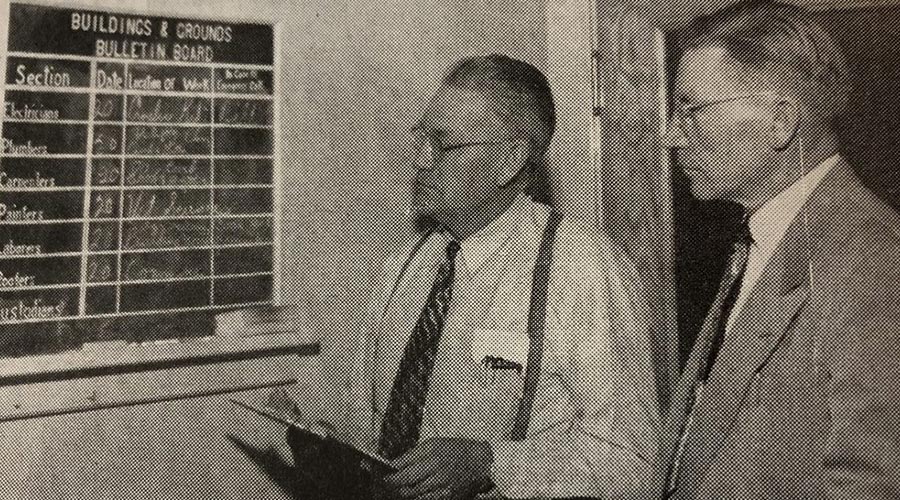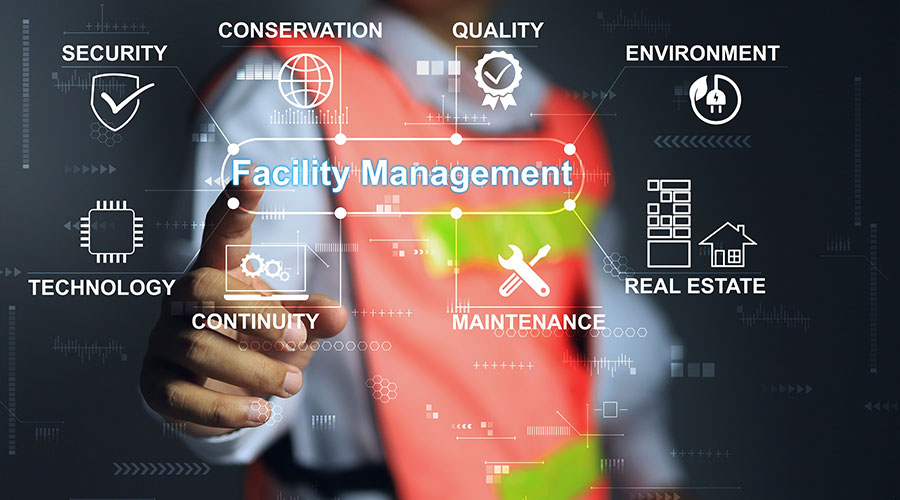Sponsors, Career Strategy Can Help Women in Facility Management
Finding a sponsor and taking a more strategic and conscious approach to shaping one's career path can also boost the success of women in facility management.
In addition to a mentor, facility managers would do well to identify a sponsor. The main difference between the two is that the sponsor is usually someone well-positioned to facilitate growth in a career.
"One of the things that we found was that because there are fewer women at the top, it's much harder for women to help each other to advance," says Lori Kilberg, president of CREW Network and partner at Hartman Simons & Wood. "There's that saying, 'You have to see it to be it.' What we have found is it's so crucial for women to develop sponsorship opportunities, someone who is going to advocate for you in a much stronger way than would a mentor. Mentors give advice, but a sponsor is someone who propels to action, who takes steps to propel your career."
In general, people think of networks, mentors, and sponsors as resources to advance their own careers (what's in it for me), but in turn it is important for facility managers to consider how they could serve as mentors or sponsors for others. "In most cases, women and men in those upper levels are so busy that they're not necessarily thinking in that way," says Kilberg. "That's part of the education process, so they understand they have an active role to play. They have got to train and nurture the next generation of leaders within their companies for their companies to be successful."
Be Strategic
Another important way women can position themselves better for future growth is to be more strategic in their careers. It may sound obvious, but often the career path stories told in the industry are of serendipitous encounters leading to an opportunity. A more calculated approach goes further.
"You really don't want your career to be an accident," says Maureen Ehrenberg, executive managing director for integrated facilities management at JLL. While it is fantastic when a great opportunity lands in your lap, it is a rare occasion, she says. Instead, she recommends targeting the skills needed for an end-goal position and pursuing job placements that way. "For the most part you do have to be aware of how you're acquiring that skill set," she says. "You have to own it yourself. And while your company can help you and your network can help you, if you're passive about your career, things will just happen. And it won't be a strategy, it will be a series of events."
Included in this strategy is figuring out if you are in the right sector of facilities management. In-house or service provider? Core business or technical services? There are many possible avenues to pursue in facilities management, so it is important to assess your skill set and interest to help gauge if you are in the right sector, says Ehrenberg.
That career path, however, may not be linear, even when it is deliberate. When Sharon Jaye, director of sustainability with the New York City Department of Education, was considering her degree options to grow her career, she didn't want the degree to get in the way of her goals, she says. For example, she has a master's in project management, which she pursued because the skills taught in that degree can be widely applied. "That's why I was interested in that degree, not because I was going to stay in construction forever," Jaye says. "It was going to give me the skills I needed to do whatever I wanted to do." Her doctorate in education and educational leadership was as well a strategic decision to help her acquire the skills she'd need to lead sustainability initiatives in educational institutions, she says.
Related Topics:
















